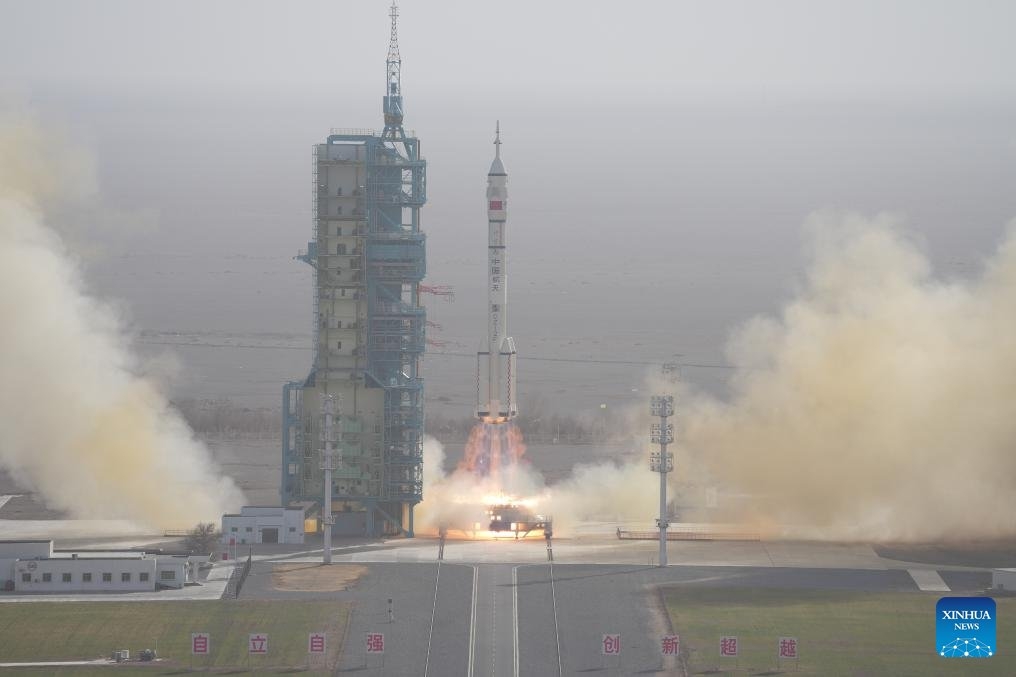Kenya's private sector activities contracted further in July due to election uncertainties coupled with strong inflationary pressures that dampened demand.
The headline Purchasing Managers Index (PMI) by Stanbic Bank dropped to 46.3 in July from 46.8 in June, signaling the sharpest decline.
Readings above 50.0 signal an improvement in business conditions on the previous month, while readings below 50.0 show a deterioration.
Both output and new orders fell at accelerated rates, while business confidence remained muted.
''Output decreased for the fifth month running, and at the sharpest pace since April last year. All five monitored sectors posted reductions in activity,'' Stanbic said.
New orders decreased at a sharp and accelerated pace in July, with the rate of contraction the fastest in 15 months.
Respondents said higher living costs meant that customers were cutting down on non-essential spending. Lack of money in circulation and uncertainty around the election also dampened demand.
Companies lowered their purchasing activity for the third month running in July.
"Anecdotal evidence suggested that input buying had been reduced in line with falling new orders,'' the survey read in part.
A desire among suppliers to secure new business and payments encouraged them to speed up their deliveries of inputs in July.
As a result, lead times shortened for the twenty-sixth consecutive month. The latest improvement in vendor performance was modest, but the most marked in nine months.
Although companies lowered their input buying in July, stock holdings increased as firms reported building inventories to ensure sufficient holdings to respond to future new orders.
Stocks of purchases rose for the sixth successive month, and at the fastest pace since April.
Around 28 per cent of respondents signaled a rise in purchase costs, which they often linked to higher fuel prices, subsequently feeding through to transportation costs.
Food shortages due to drought conditions led to higher food prices, while currency weakness and import taxes also reportedly added to purchase costs.
On the price front, input costs increased at a strong rate, driven by higher fuel prices, supply shortages and a strengthening US dollar, leading to a record uptick in firms' selling charges.
Respondents said this was in an effort to protect profitability in the face of sharply rising input costs.
The rate of charge inflation softened to a five-month low but was still among the sharpest on record. The fastest rise in charges was in wholesale and retail.
New export orders increased during July, a similar scenario to the past four months while the rate of expansion quickened to the sharpest since February and was stronger than the series average.
Employment increased for the first time in three months, albeit slightly in the agriculture, construction and services sectors, but fell in manufacturing and wholesale and retail.

















